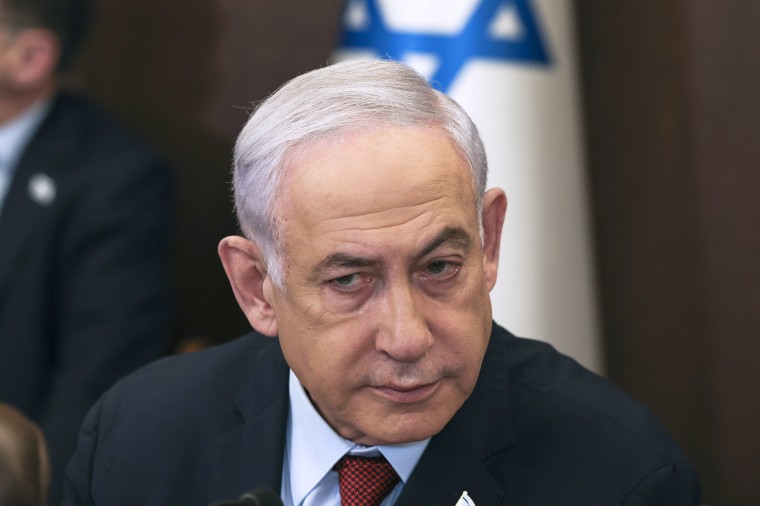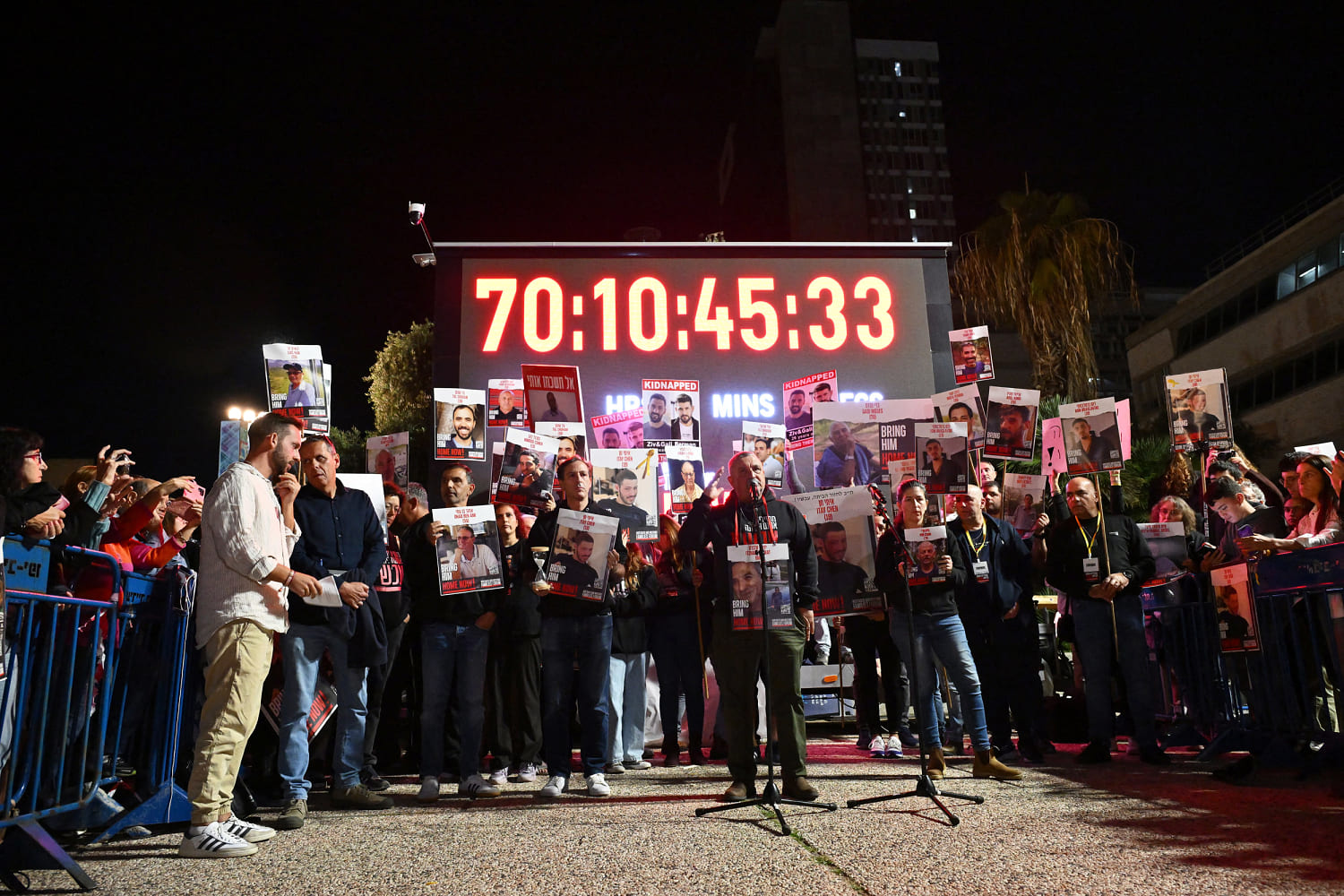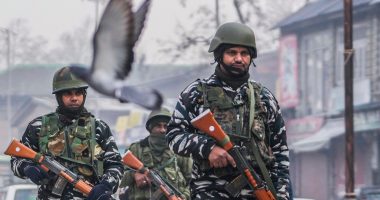His comments came less than 24 hours after Netanyahu offered his condolences to the families of the dead in a post on the social media platform X.
“The entire state of Israel will mourn this evening,” he said Friday. “This is a combat zone where there have been many incidents in recent days. Immediate lessons from the event are now being passed on to all the fighting forces in the field.”
The war has already claimed thousands of lives on both sides.
Around 1,200 people were killed in Hamas’ deadly attack on Oct. 7, and Israeli military officials say 116 soldiers have been killed during the country’s ground invasion in Gaza.
The Israeli prime minister’s office estimated that around 115 of the roughly 240 people taken hostage by Hamas remain alive in the enclave after more than 100 were freed during a pause in fighting at the end of November.
Inside Gaza, more than 18,700 people have been killed, while around 90% of the population has been displaced, with many living in spiraling humanitarian conditions, according to estimates from the United Nations.

At Friday’s protest Daniel Ron, 65, said he believed Netanyahu’s government should do more to work toward a cease-fire that would allow for more hostages to be freed.
“I don’t know what’s the deal of Netanyahu,” Ron said. “He’s starting his campaign for the next elections. He’s in illusions that he can keep on after all he did to our country.”
‘Every incentive to keep the war going’
U.S. and Israeli officials have told NBC News they fear that some of Netanyahu’s positions on the war are rooted in a bid to prolong his political survival.
And with a growing sense he will not be able to maintain power once the fighting ends, they said he has a strong motive to prolong Israel’s offensive in the enclave.
“He has every incentive to keep the war going, to ensure his political survival,” one U.S. lawmaker, who asked not to be named, told NBC News Friday.
Yohanan Plesner, president of the Israel Democracy Institute, also said Netanyahu is likely to have serious concerns about the “day after” the war.
“There, it seems that Netanyahu is not only worried about how to stabilize the security situation the day after, but also how such decisions might affect his political career and how to reinvent his political posturing” in “the way he manages those discussions,” he said.
Polls in recent weeks have also suggested Netanyahu could face a reckoning once the war does come to an end, with the Israeli leader’s approval ratings plummeting in recent weeks, while polling also suggests Israelis will demand those at the top take responsibility for this crisis.
Source: | This article originally belongs to Nbcnews.com









